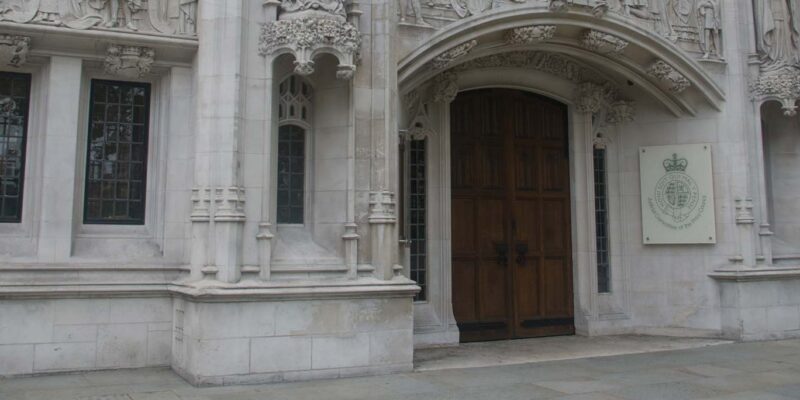Manchester 0161 832 2500 | London City 0204 505 8080 | London Finchley 020 8349 0321
Secure PaymentHM Revenue & Customs (HMRC) has unveiled a number of important changes to the ways in which it processes IHT400 estate returns.
On Monday 16 April 2018, the tax authority confirmed in its trusts and estates newsletter that, looking ahead, estate administrators can assume that their IHT400 estate return will not require a compliance or valuation check unless HMRC has contacted them to advise otherwise within 12 weeks of sending out an IHT421 calculation.
The news comes following mounting concerns that HMRC is taking too long to process IHT400s.
Previously, anyone who had sent an IHT400 to the Revenue would, in turn, be sent an IHT421 probate summary within a very reasonable ten working days.
From here, however, HMRC would either clear their IHT400 immediately with no concerns or carry out a ‘target risk assessment’ within 16 weeks of receiving the IHT400.
The tax authority would then proceed to check and value each of the assets in the estate to determine any additional Inheritance Tax (IHT) liabilities.
In some cases, estate administrators would not be notified of any further IHT due until 20 weeks after the initial IHT400 form was received by HMRC.
Under the new changes, the Revenue has committed itself to a series of much stricter deadlines in a bid to speed up the process.
Looking ahead, if an estate return is not cleared immediately, HMRC will need to confirm its intention to carry out a full compliance check and provide the administrator with a specific date by which it expects to submit its queries.
When does the estate return need to be cleared?
This date must be within 12 weeks or less of the original issue date of the IHT421.
“If you have not heard from us by this date you can assume that we have no questions to ask about the information or values you have given in the form IHT400. The estate administrator can then proceed with the distribution of the assets if all else is ready,” HMRC has said.
The tax authority has also confirmed that going forward, it will no longer automatically send out standard clearance letters unless estate administrators physically request these using form IHT30.
If you have any questions about these changes or any other questions on inheritance tax contact our team of Private Client solicitors via email or the BBS Law contact page.


